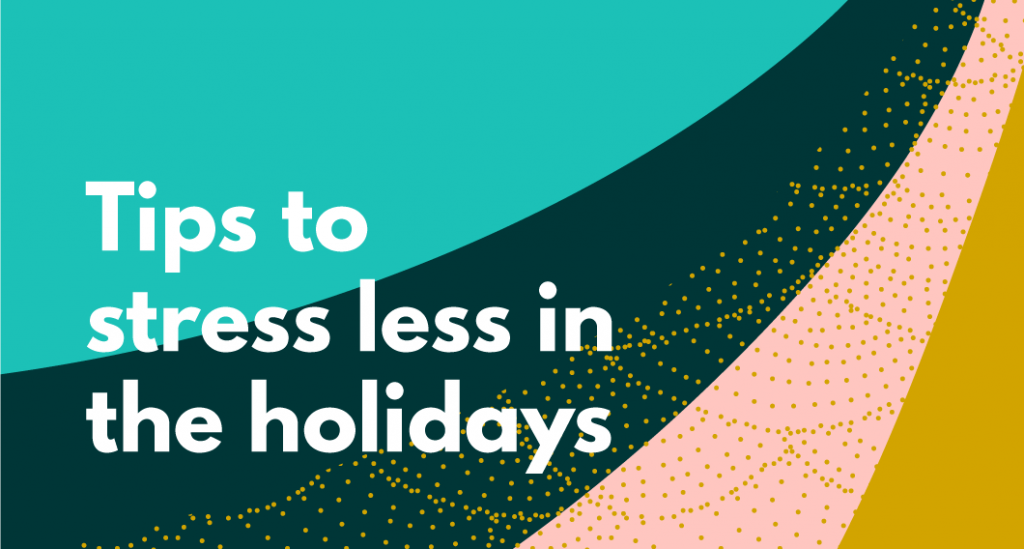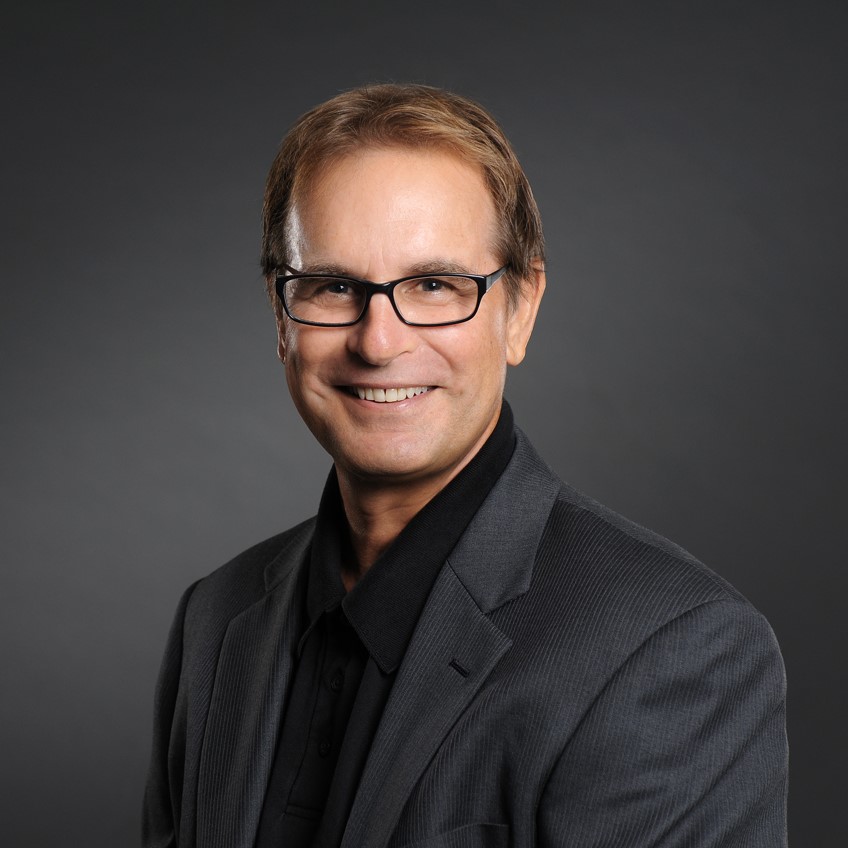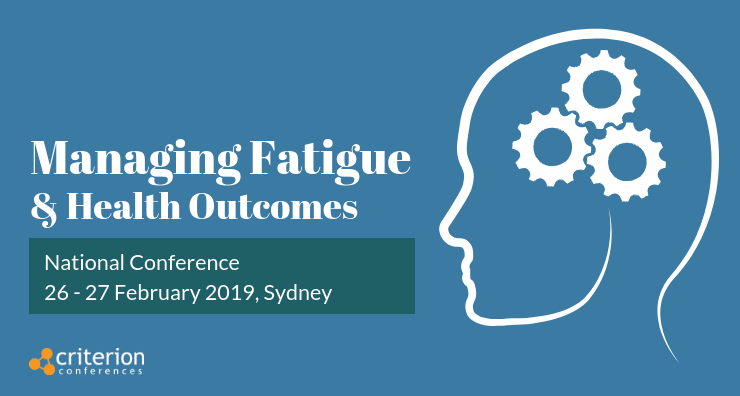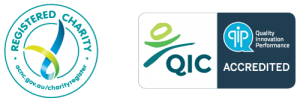The theme of this session was around the topic of “Strong Foundations”, looking at foundational ideas within workplace wellbeing. The collaborative activity focused on the nuances and inter-organisational differences when looking at the evaluation and implementation of workplace wellbeing strategies.
september
Why a company is not a family – and how companies can bond with their employees instead
TED ● Link
From a well-meaning metaphor to a cultural red-flag, David Burkus PhD argues why companies should prioritise being team, not a family.
A Q&A with Dan Ball from By Mind Side
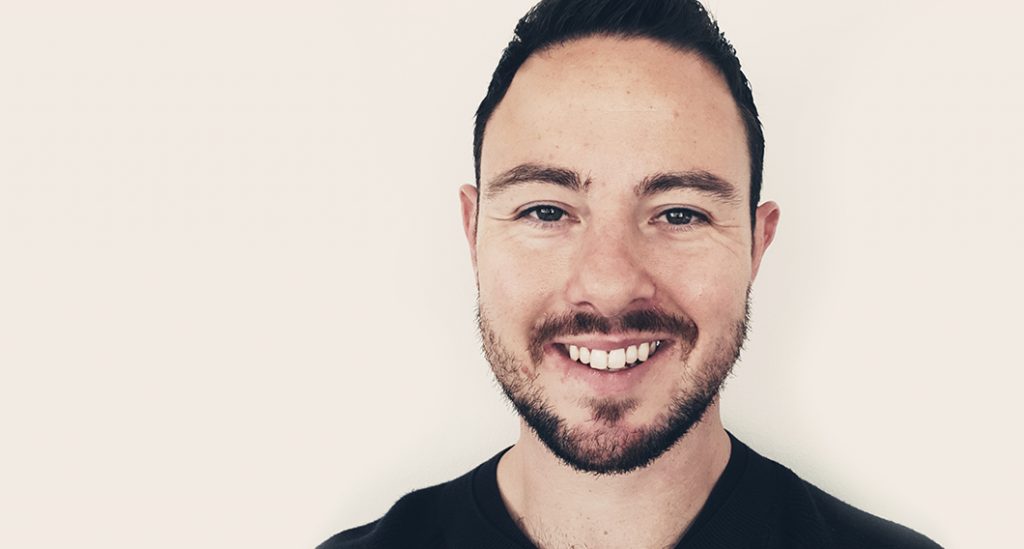
By Mind Side develops bespoke peer support technology for workplaces so that staff can support each other through the stresses and strains that life presents us with. We had a chat with their Director, Dan Ball.
Can you tell us a little bit about By Mind Side?
At By Mind Side we are passionate about workplace peer support programs and the proactive approach they offer to staff wellbeing when implemented effectively. We develop bespoke peer support applications to help organisations connect their staff to each other for emotional and mental health support. Our technology leverages data analytics to help facilitate meaningful connections and help pre-empt future mental health challenges.
Why do you think it is important for employers to focus on their team’s wellbeing?
We talk so much about reducing the stigma and shame surrounding mental health yet still heavily rely on reactive approaches and sometimes neglect the underlying workplace culture. We look to employers and senior leadership to set an example so it’s important for them to focus more efforts upstream, setting examples of a balanced lifestyle and encouraging conversations on the everyday strains of life. Society still needs to shake the notion that being busy and working yourself into the ground is somehow a badge of honour and employers have an important role to play in remedying this.
Why does working in the wellbeing space excite you?
We have an incredible opportunity in the wellbeing space to help shape people’s happiness, both at work and at home. Everyone has experience and knowledge to offer which could benefit someone else. This is human capital. It is exciting for me to help unlock that human capital through our technology and not only benefit the receiver of that new knowledge, but also boost the wellbeing of the giver. In the wellbeing space, not only do we have a role to play in helping people grow, but we can also encourage honesty and vulnerability. Yes, we want people to be the best version of themselves they can be, but we must acknowledge that it’s impossible for that to be the case every day. I love seeing people relaxed, happy and appreciated. Appreciated by themselves as well as others. So, it’s exciting to have the opportunity to help that.
What are some of the challenges in your work?
That senior leadership in some companies still hold the view that the mental health and wellbeing budget is just an overhead, rather than an investment. Somewhat akin to insurance. We must shift the focus away from immediate financial returns on investment. Measuring, say, how connected staff are to each other and how much time they spend with family, and correlating that to absenteeism and presenteeism over time will yield greater returns in the long run. To do this we must get away from the band-aid approach and thinking we know what is best for others. Just as governments create policies for demographics that they have little understanding of, some workplaces continue to form their mental health and wellbeing strategy without input from those with lived experience of mental health challenges. We must learn from staff with lived experience and co-design our strategies if we are to move from a reactive mindset to a proactive one.
You are a new member of WayAhead Workplaces- why did you decide to join and what are you most looking forward to?
No one person or organisation holds all of the answers. Collaboration is key in this space and WayAhead Workplaces offers a fantastic forum to learn from others. I’m ever so appreciative of the network it has provided me and kudos to Steph and the team for the great resources and events that are offered to members. Being down in Melbourne and having gone through quite a trying year with my new best friends Zoom and Google Meet, I’m so looking forward to the opportunity to meet everyone in person (fingers crossed) at the Annual Forum.
Dan Ball
Director of By Mind Side
A Q&A with Anna Feringa from The Jonah Group

We got in touch with Anna Feringa, Head of Mental Health Operations at the Jonah Group to learn all about her work, and find out her thoughts on the current state of workplace mental health.
Tell me a bit about your work/ what you do?
I am the Head of Mental Health Operations and Principal Consultant for The Jonah Group, we help Industry create a physically and mentally safe workplace to improve culture and performance. We specialise in safety, leadership and mental health. Specifically, in the space of workplace mental health, I work directly with clients supporting them to embed a value for mental health as part of their existing safety systems. This could involve integrating mental health considerations into the existing safety systems and provide mental health awareness training for managers and employees so they know what signs to look for and what they can do to support a mentally safe workplace. It also involves implementing our Mental Health Blueprint, designed to transform organisational performance and culture, ensuring a sustainable approach to a mentally healthy workplace. I can be in high heels one day and steel caps the next as no industry is immune to the ever-increasing need for mental health management in the workplace.
What is the most rewarding part of your work?
The most rewarding part of our job at The Jonah Group is a no brainer – saving lives and improving safety culture. From my personal perspective as a workplace mental health expert, I simply love the gratitude people have when we uncomplicate the already feared and stigmatised area of mental health. The amazing feeling you get when a person comes up to you and now understands what they need to do for themselves, their work mates, family or friend’s is the most rewarding part of my job. People are after a human, empathetic, no nonsense approach to upskilling in the area of mental health at work and we are proud to be able to deliver this medium based on our reputational force.
What are some of the most significant challenges you face in your work?
The most significant challenges we face related to mental health, is organisational resistance or readiness. It’s either ‘we don’t have the time’, ‘we don’t have the resources’, ‘we don’t have the budget’ or we see tokenistic commitments, yet 1 in 5 of their employees is currently struggling with mental health issues. Poor mental health is now the leading cause of workplace disability across our country and indeed globally. Ironically, poor mental health in the workplace underpins low productivity, increased absenteeism and more expensive mental injury claims, which is where most industries are haemorrhaging time, budget and resourcing. On a more personal note, responding to mental health critical incidents is always an emotional challenge especially when a suicide has occurred, as supporting the respective business to respond appropriately and supporting their staff from an ongoing perspective is always a challenge. We often witness firsthand the devastating impact this has on the people that worked alongside someone that has taken their life. Unfortunately, this is one of our services that is in the greatest demand due to the ever-increasing suicide rates across Australia.
What are some of the most innovative or exciting changes you have seen in this sector since you started working in it?
I wish I could say ‘many’ in my 18 years in the industry but that would not be realistic. The realisation that mental health is indeed a safety concept across Australian workplaces has been a very slow burn. Innovation is quite restricted as industry is still grappling with the basics of workplace mental health. What I am excited about is the increase in federal budget for mental health services which has a direct impact on workplace mental health. Alongside this is the recognition from the NSW Govt that more guidance, compliance and measurement is desperately needed around the area of mental health in the workplace. Australian business is essentially flying blind in this area which is dangerous and unfair for Australian employers. SafeWork NSW has this week released Psychosocial Hazards: Codes of Practice which is an exciting shift from moving workplace mental health from a ‘nice to have’ to a ‘must have’. Other States are yet to follow suit. There are always developments at a micro level with online training, self-assessment apps and distribution on guidance materials from nationally endorsed mental health institutions which is great, however for these innovations to really have an impact, we need to get workplace mental health introduced as a Govt recommended safety requirement. Safety in numbers if you will! Only then we will be in a better position to innovate.
Why do you think it is important for workplaces to focus on and prioritise the mental health of employees?
With mental health being the leading cause of workplace disability across Australia, it should be at the top of any strategic plan for any organisation. However, we are not quite there yet. The concept of mental health as a safety initiative does not necessarily land well. It needs to be nurtured through tailored workplace education to ensure that organisations have the knowledge of how to join the dots when it comes to low productivity, high absenteeism, toxic workplace culture and increased Mental Injury claims. Other than poor mental health impacting performance, resourcing and the bottom line, the most dangerous impact, if left unattended, is employer reputation– let’s face it, no one wants to work somewhere that is perceived to not care, and this will spread like wildfire across any community considering the rate of people that are experiencing mental health challenges.
If organisations are feeling overwhelmed and unsure where to start, what are your top strategies/tips that can be simply implemented?
- Talk to us. We provide a free discovery session to help you identify where to start and your organisational readiness for change.
- Consider implementing a psychological safety diagnosis – do you know where your pain points are, what your psychological hazards are and opportunities to leverage of existing initiatives.
- Implement a simple and clear Mental Health Policy and Procedure. No doubt you have one for safety. You are only 50% safe if you do not consider mental health.
- Raise mental health awareness by educating your people to know what signs to look for, what they can do and importantly, what the boundaries in the conversation are. Mental health conversations are often perceived as uncomfortable or scary because people don’t know how to have them and not get overwhelmed.
- Get real about your organisations commitment to mental health and consider you may need to build a business case to invest. Remember, the poster on the back of a toilet door will not do the trick… would you do this with PPE requirements or environmental hazards – I think not.
Anna Feringa
Workplace mental health consultant
GLOBAL TOP 10 HEALTH AND SAFETY INFLUENCER 2020 BACHELOR OF PSYCHOLOGY (HONS)
CERTIFIED DISABILITY MANAGEMENT PROFESSIONAL (CDMP)
MENTAL HEALTH FIRST AID FACILITATOR
INTRODUCTION TO RETURN TO WORK COORDINATION FACILITATOR

An exciting addition to the safety industry event landscape, the Workplace Health & Safety Show is the official exhibition of #SAFETYSCAPE. This all-encompassing safety event will also include numerous conferences produced by the Australian Institute of Health & Safety and associated partners.
The Workplace Health & Safety Show is a must attend event for all safety professionals from a range of industries including manufacturing, building/construction, mining, councils/local government, hospitals, transport and more.
WEBSITE:www.whsshow.com.au
DATE:
Tuesday 7 September 2021
Wednesday 8 September 2021
VENUE:
Sydney Showground at Sydney Olympic Park
